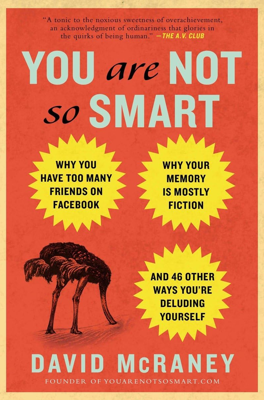The Public Goods Game
Misconception vs. Truth
Misconception:
We could create a system with no regulations where everyone would contribute to the good of society, everyone would benefit, and everyone would be happy.
Truth:
Without some form of regulation, slackers and cheaters will crash economic systems because people don’t want to feel like suckers.
Tragedy of the Commons
- The "tragedy of the commons" concept introduced by Garrett Hardin in 1968 illustrates the challenge of sharing resources.
- Example: A lake with fish. If one person overfishes, others will follow to not fall behind, leading to depletion of the resource.
Public Goods and Cheating
- Cheaters can ruin systems meant for common good by exploiting the contributions of others.
- The behavior of one exploiter can make others follow suit, leading to the collapse of the system.
The Public Goods Game Explained
- A game where participants contribute money to a communal pot which is then doubled and redistributed.
- Without punishment, participants begin to contribute less as they notice others freeloading, ultimately halting the communal benefit.
Experiments and Findings
- When contributions are visible, initial fairness turns into cheating as individuals test boundaries.
- Punishment for cheaters restores cooperation and benefits the group. Rewarding good behavior instead of punishing cheaters also leads to system failure.
Emotional and Evolutionary Responses
- An emotional response to fairness leads people to punish cheaters even if it hurts the overall benefit.
- This ingrained behavior is rooted in survival instincts from ancestral group dynamics.
Implications for Regulation
- Regulation is essential to maintain public goods and prevent exploitation.
- Without regulation, people tend to cheat when they feel the system is unfair or when others are not contributing equally.
Modern Examples
- National budgets and welfare systems are often too abstract for individuals to process through evolutionary behaviors, leading to challenges in cooperation.
- Public goods like streetlights and infrastructure need enforced contributions (taxes) to be sustained.
Conclusion
- People are willing to help but not at the expense of feeling exploited. The public goods game underscores the necessity of regulation to prevent the collapse of communal systems due to cheating and slackers.
